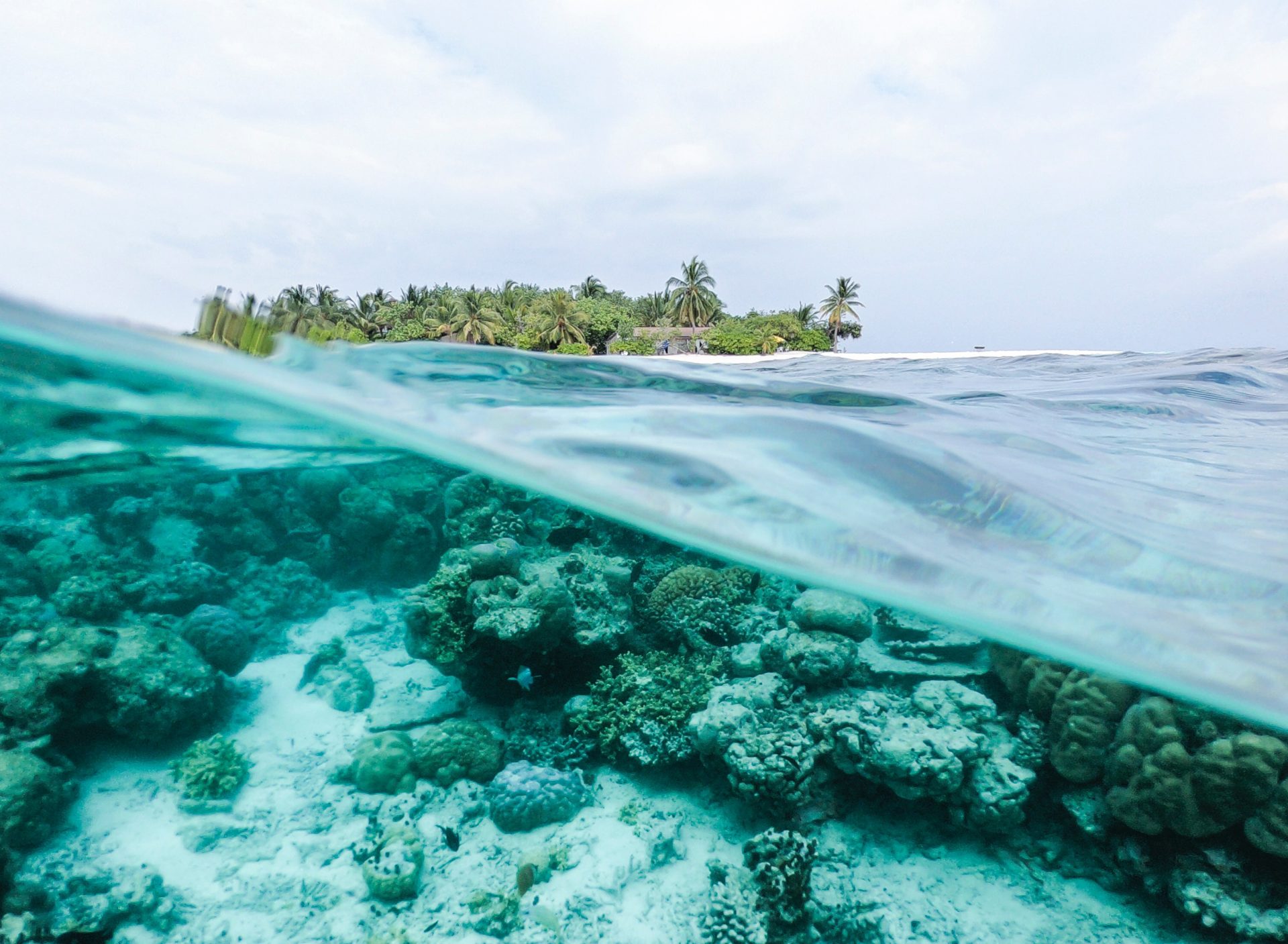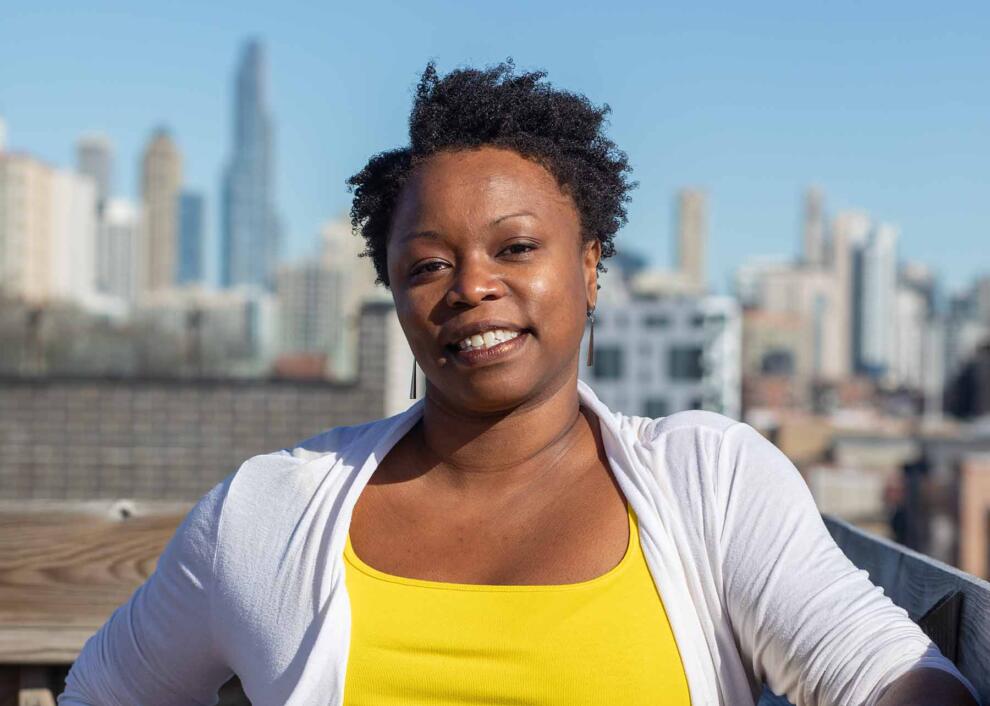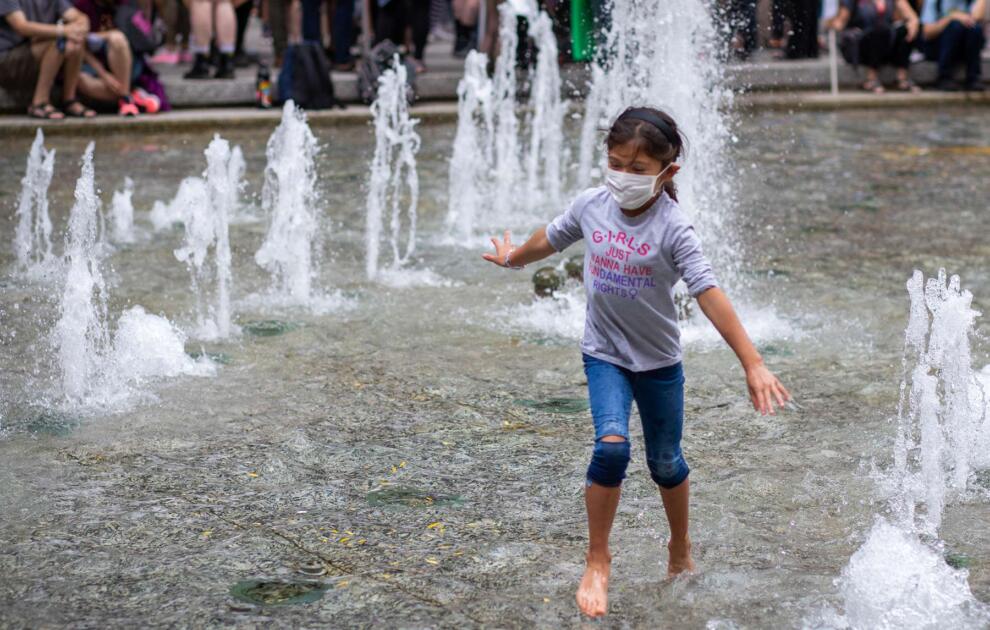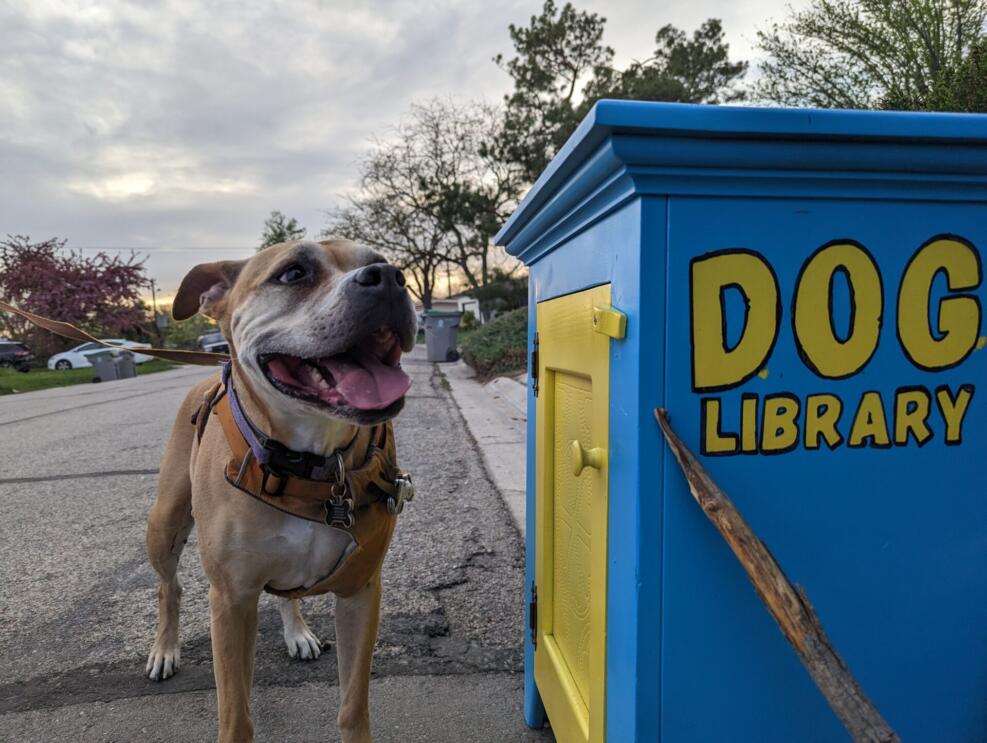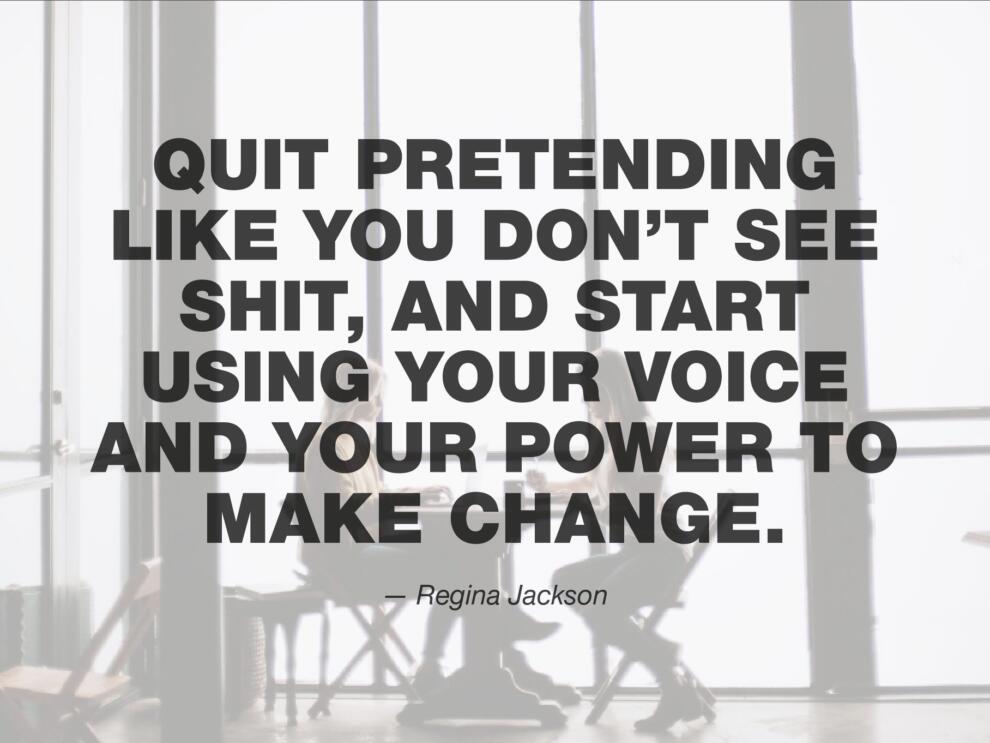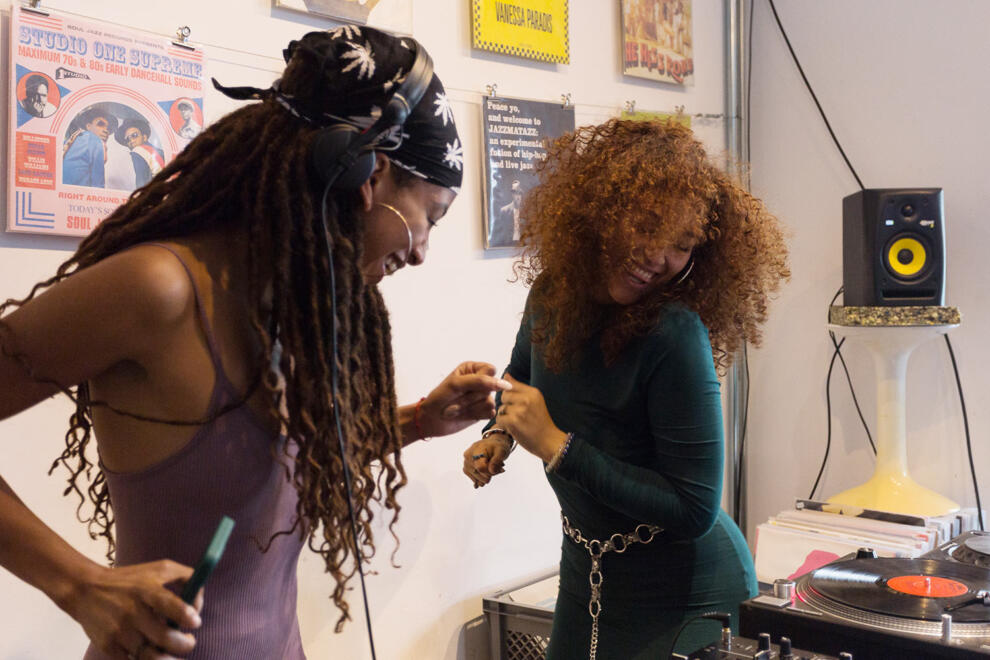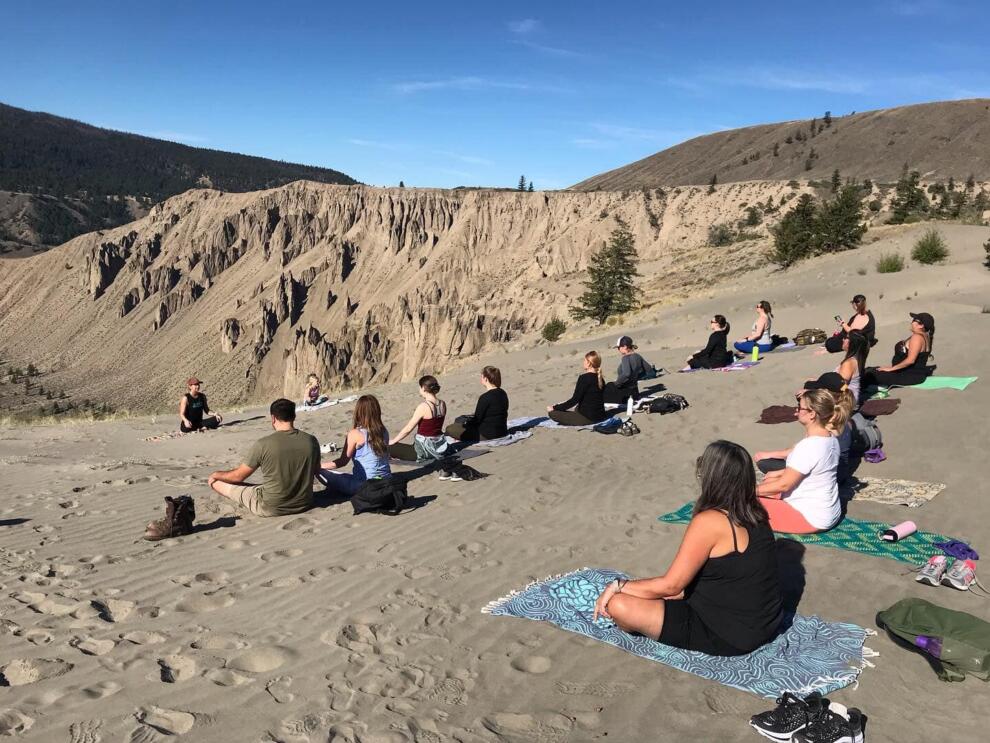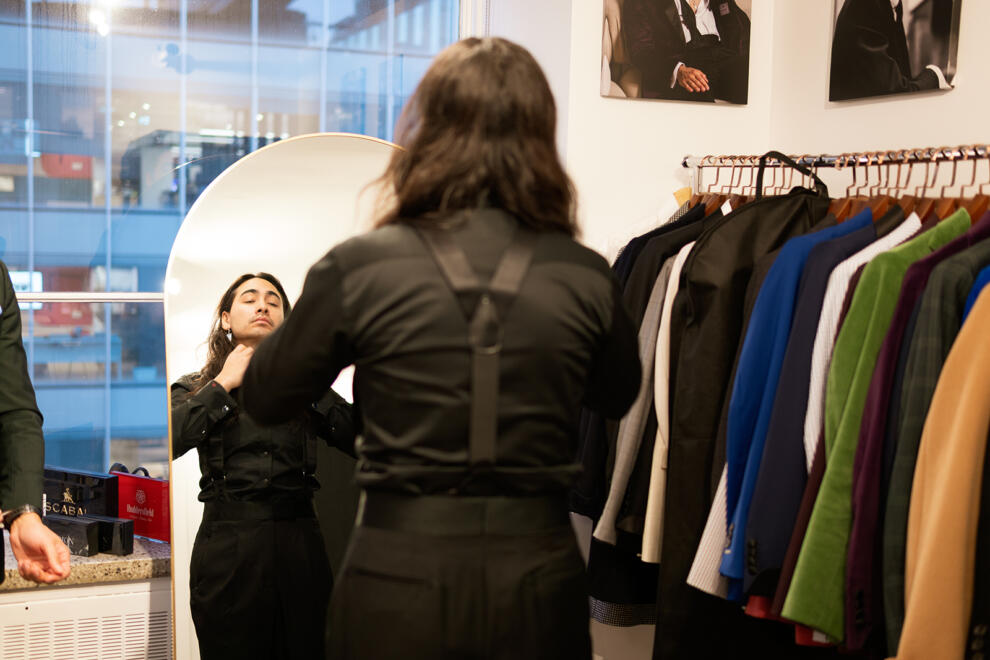A Breath in the Ocean
Pawan Patil recalls his early years in the Khandesh region of India.
He remembers following his grandmother into the mud hut they lived in, where she used cow dung as a source of fuel for heating and cooking. In rural India, cow dung cakes are a cheap source of fuel and can often be seen around the countryside, piled high in expertly tessellated towers. When burned, however, they can be deadly to humans.
Despite those difficult circumstances, Pawan says the Khandeshi Indigenous wisdom he gained from his grandmother and other community members shaped who he is today.
The World Bank economist holds degrees from Harvard, Oxford, and the London School of Economics, and has traveled to more than 180 countries. During his travels, Pawan learned that Indigenous wisdom is a crucial tool for tackling global disasters like the climate crisis.
“Eighty per cent of global biodiversity is under the stewardship of Indigenous communities around the world,” Pawan says, citing a UN statistic.
Around the world, many Indigenous communities rely on the lands, waters, and wildlife in their territories. To sustain their communities over millennia, Indigenous peoples have developed distinct cultures that place high value on stewardship and protection of natural resources, Pawan says.
But as fires blaze through forests, coastal cities sink deeper, and rivers and lakes run dry, those resources are under threat — alongside the people who best know how to preserve them.
The climate change crisis and Indigenous communities
In the Maldives, an archipelago south of India, rising sea levels, caused by climate change, are a threat to life and livelihoods. According to the country’s government, a rise of just one metre would put 80 per cent of the country’s land within a metre of sea level.
Maldivians, who have long been aware of the impacts of climate change, will soon be at risk of becoming climate refugees, says Pawan.
“Some countries like the Maldives over 10 years ago, basically raised their hand and said, ‘Hey, we have a problem here’,” he says.
If the sea level rise projections are accurate, Maldivians are aware that their home country could cease to exist in 60 to 70 years, the development economist explains. Already, many of its people are asking themselves where they could go.
While the Maldives has been vocal on the international stage, not every group of people has access to international forums, especially minority or Indigenous communities that may not be recognized as independent nation states.
As an example, Pawan points to the Bajau people in Indonesia.
“They live on stilts in the water,” he says. “You can see, year after year, that their dwellings are being impacted and they’re forced to actually move [away from] their water life and more towards a terrestrial life.”
In parts of North America, Indigenous communities have long relied on fishing in local waters, but overfishing by outsiders and water pollution are threatening their access to traditional foods.
The contamination of local fishing spots is a sordid example of Indigenous communities being unable to manage their ecosystems due to outside threats, Pawan explains.
“They themselves can’t manage… the local ecosystem because there’s too many threats coming from outside that weren’t of their making,” he says.
A single breath in a single drop of water
Pawan’s examples of climate change threatening Indigenous communities are all water related for a reason: he’s passionate about making people realize the importance of protecting the oceans.
Among his many ventures, he co-developed the World Bank’s multi-billion-dollar sustainable ocean investment portfolio, for the better governance of marine and coastal resources. Through these initiatives, he conceptualized the Bank’s first investment operation for plastic-free rivers and seas, and authored flagship reports for UN forums.
And he’s gotten youth on board through the Seadragon Foundation, which he founded. The Foundation produced One World Breath, a music video featuring young people urging action on ocean and climate issues.
The idea of the One World Breath video hinges on the importance held by a single breath, Pawan explains.
“It’s the green stuff on, and in, and around the ocean and the green stuff on, and in, and on the land that are allowing us to breathe,” he says.
“One half of every breath essentially that everyone takes is a result of phytoplankton, which are green algae and plants, and kelp forests with their micro algaes from the ocean,” he explains. “The other half…comes from green spaces on land, in terrestrial areas, forests, grasses, and so on.”
It’s how a single breath unites people across the globe, he says.
“It doesn’t matter if you’re standing on the top of the Himalayas… or if you’re a coastal dweller in a remote part of South America. We are all dependent on the natural environment for our life, and the very breath we take,” Pawan says.
But climate change is threatening this unity.
“What climate change is doing, it’s eroding that very green stuff that’s allowing each and every one of us to take a breath,” says Pawan.

Many Maldivians are concerned about their country’s future but look back to the past for valuable teachings, like this elder’s fishing techniques.
Centering Indigenous knowledge
So, where do we go from here? According to Pawan, centering Indigenous communities’ knowledge is essential.
“You see so many cases where there’s local, place-based solutions to things like overfishing,” he says. To move forward, Indigenous knowledge should be used in decision-making and governance systems, he adds.
Indigenous communities have been adaptive for centuries.
“Indigenous people are able to understand how [climate] change is occurring, how to customize their own behaviors because of those threats, and how to essentially adapt for the changing environment in which they’re dependent for their livelihood and their lives,” Pawan says.
Based on his experience working with Indigenous communities across the globe, the World Bank expert has three tips for tackling the climate crisis:
1. Learn.
“We need to learn in ways that we’ve never learned before. What that may require is for us to unlearn things that we used to think were true.”
That necessitates making the switch from viewing success as power, prestige, and praise, to instead viewing it as passion, purpose, peace, and prosperity, Pawan says.
The development economist explains that this shift is crucial for expecting change in society and creating more conscious capitalism, otherwise “it will just be business as usual.”
Here are some resources to learn more about the issue:
Oceans for Indonesia’s Prosperity: Towards a Sustainable Ocean and Blue Economy Strategy, a World Bank and National Geographic mini-documentary about the threats facing Indonesia’s oceans
Future Sea: How to Rescue and Protect the World’s Ocean, a book by independent marine conservationist Deborah Rowan Wright
‘Ocean-based climate solutions in action – from offshore renewable energy to a clean, resilient maritime sector,’ a 2022 UN Ocean Conference panel discussion on ocean-based climate solutions
2. Link.
“Link is about linking with communities,” says Pawan. “One local Indigenous community or one scientific community knows a lot about their local place or space.”
Any solutions to climate change will have to involve the linking of various types of communities, especially in sharing knowledge, he says. That will allow us to come up with better solutions than if we worked in isolation from one another.
3. Leverage.
“Leverage is how we get to scale,” says Pawan, who explains that mindset changes can impact policy changes and, in turn, bring more willing financiers.
He pointed to the Seadragon Foundation as an example.
“The Foundation that we’ve created [has helped] catalyze a shift in the way folks think, in the policies that are needed, and the way that we eco-engineer finance in support of local solutions that have the ability to be scaled across geographies.”
Purchase Issue 03
After a year of chaos and uncertainty, our mission for ISSUE 03 of RIPPLE OF CHANGE is to spark inspiration in our readers. There was a lot of talk of coming together, acting in solidarity for our peers, and putting others before ourselves to overcome the challenges put before us. Now, we put that to the test.
Order your copy of Issue 03 today!

